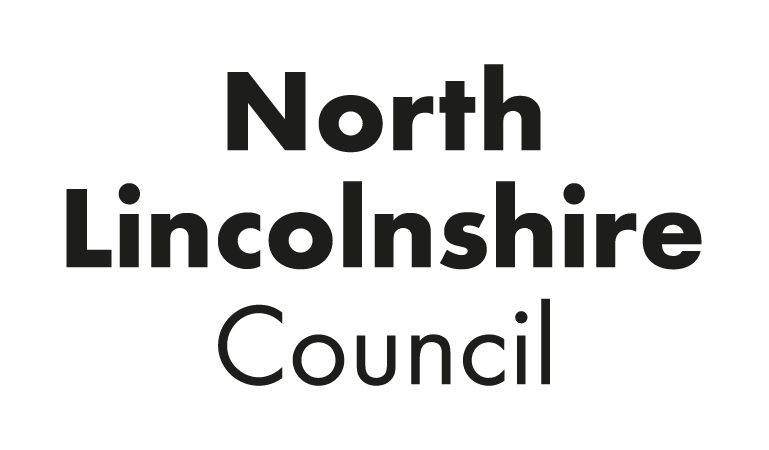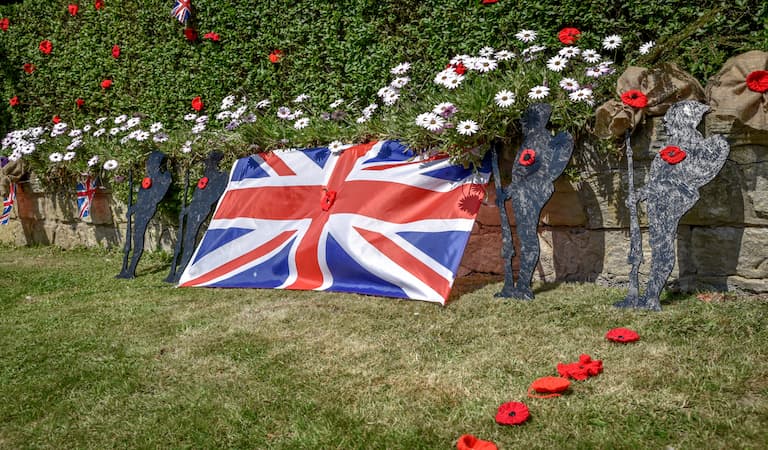As schools and colleges welcome pupils and students back following the summer break a range of information, advice and guidance has been made available to support teachers, parents and pupils.
With the easing of Covid-19 restrictions, in line with Step 4 of the National Roadmap, children and young people are being supported to enjoy more freedom and socialisation in their education.
The move recognises that uninterrupted school will benefit pupils’ educational and social development, their emotional, mental and physical wellbeing and will help build a sense of regular routine.
Tessa Lindfield, North Lincolnshire’s Director of Public Health, said: “Pupils all across the country are beginning to return to schools and colleges after their summer breaks. For many pupils they will be returning with far fewer restrictions than when they left for the summer holidays.
“Now that there are fewer restrictions, pupils will be able to experience a fuller education experience, including access to more group activities, team sports, playing with friends, theatre, and taking part in musical groups.
“I am sure it is most welcome for children and teachers as well as the children and young people though we must still be cautious.”
Keeping pupils in bubbles to reduce mixing is no longer a requirement and face-coverings are no longer advised for pupils, staff nor visitors either in classrooms or communal areas.
However, public health bosses are insistent Covid-19 has not gone away. The return to school comes as the seven-day per 100,000 rate of infection remains stubbornly high at around 340. This is a reduction from a summer peak at the beginning of August of 400.
Basic preventatives measures to avoid the spread of the virus remain in place:
- Testing remains important in reducing the risk of transmission of infection within schools.
- Ensuring good hygiene including frequent and thorough hand cleaning and the ‘catch it, bin it, kill it’ approach.
- Maintaining appropriate cleaning regimes.
- Keeping occupied spaces well ventilated.
- Following public health advice on testing, self-isolation and managing confirmed cases of Covid-19.





